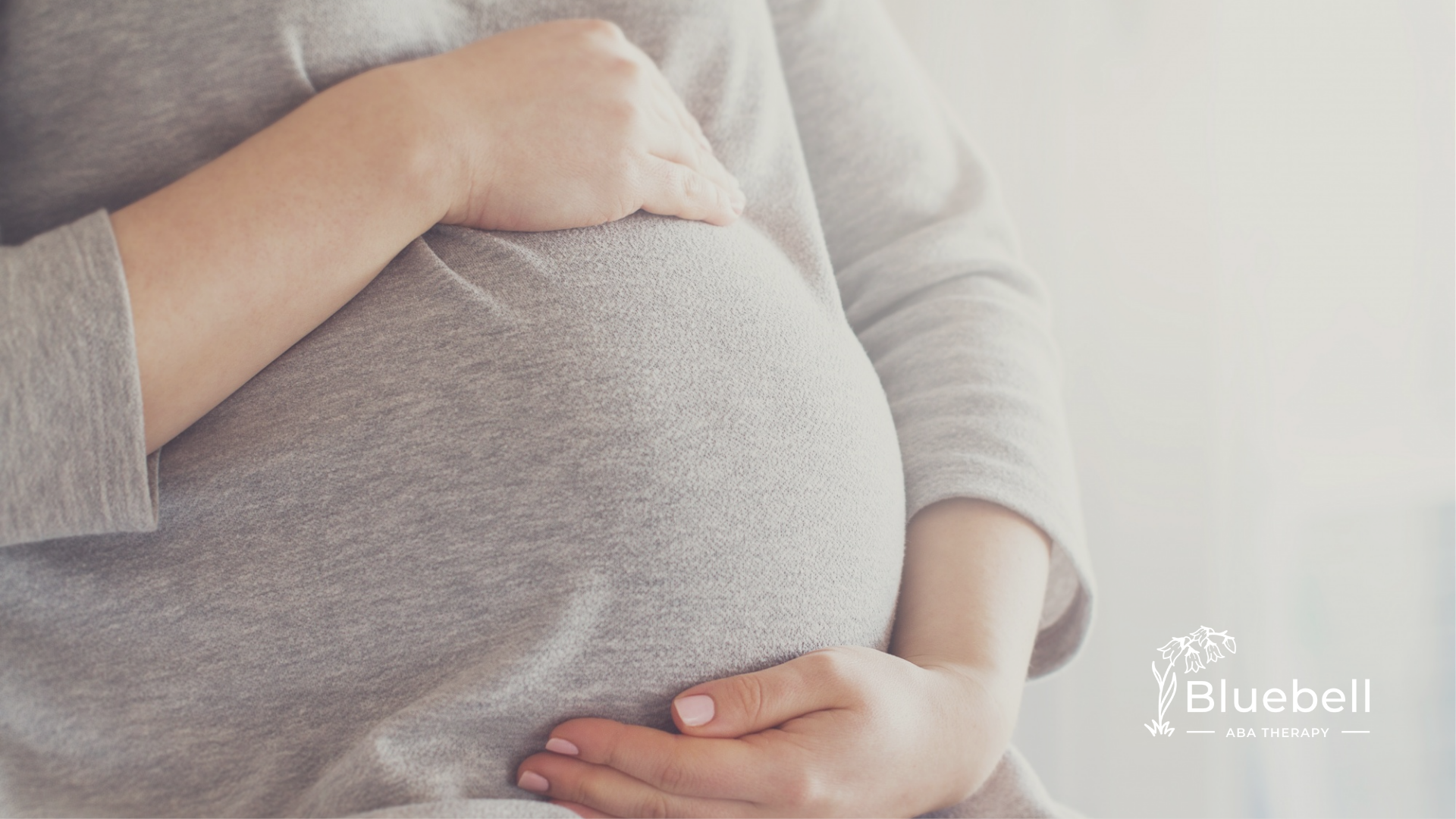Key Highlights
- Autism spectrum disorder (ASD) is influenced by a combination of genetic and environmental factors, not a single cause.
- Certain prenatal factors, such as maternal health, infections, and nutritional deficiencies, may contribute to autism risk.
- Genetics play a significant role, with autism often running in families.
- Exposure to environmental toxins or complications during pregnancy can also be linked to higher autism likelihood.
- Early, informed prenatal care can support overall fetal development and reduce certain risks.
Understanding Autism and Prenatal Influences
Autism spectrum disorder (ASD) is a developmental condition that affects communication, social interaction, and behavior. While autism can be diagnosed in early childhood, its root influences often begin before birth.
It’s important to understand that no single factor “causes” autism. Instead, research points to a complex interplay between genetics and environmental conditions during pregnancy. Recognizing these factors can help expectant parents make informed decisions to support healthy fetal development.
Genetics: The Most Significant Factor
Studies show that genetic influences are the primary contributor to autism. Researchers estimate that genetics may account for 40–80% of autism risk.
Key Genetic Insights:
- Autism can run in families, although the exact genes vary.
- Certain rare genetic mutations are linked to autism, such as changes in genes affecting brain development.
- Having an older sibling with autism increases the likelihood of subsequent children.
Genetics alone don’t determine the outcome; environmental and prenatal factors can interact with genetic predispositions.
Environmental and Prenatal Factors
While genes are a major component, prenatal conditions can influence how genetic tendencies manifest.
| Prenatal Factor | Possible Impact on Autism Risk |
|---|---|
| Maternal infections (e.g., rubella, influenza) | May affect fetal brain development |
| Nutritional deficiencies (e.g., folic acid, vitamin D) | Can interfere with neurological growth |
| Exposure to toxins (e.g., pesticides, air pollution) | Potential link to developmental changes |
| Pregnancy complications | May impact oxygen supply or growth |
| Maternal metabolic conditions (e.g., diabetes, obesity) | Linked to altered fetal development |
Maternal Health Conditions
Certain maternal health conditions during pregnancy have been linked to higher autism risk:
- Gestational Diabetes: May affect brain development through altered blood sugar regulation.
- Hypertension: High blood pressure can impact fetal growth and oxygen supply.
- Obesity: Associated with inflammation and hormonal changes that may influence the brain.
Infections During Pregnancy
Maternal infections, especially during the first and second trimesters, can influence brain development. For example:
- Rubella: Strongly linked to developmental disorders when contracted during pregnancy.
- Influenza: High fevers may contribute to neurological changes in the developing fetus.
This is why vaccinations and proper medical care during pregnancy are vital.
Nutritional Factors
Nutrition plays a key role in supporting brain development:
- Folic Acid: Deficiency is associated with neural tube defects and may influence autism risk.
- Vitamin D: Important for brain growth and immune regulation.
- Omega-3 Fatty Acids: Support neural connections and cognitive development.
Advanced Parental Age
Research suggests that advanced parental age (both mothers and fathers) at the time of conception is associated with a slightly increased autism risk. This may be due to age-related genetic mutations.
Exposure to Environmental Toxins
Environmental exposures during pregnancy can affect fetal neurological development:
- Air pollution: Linked to inflammation and oxidative stress in the brain.
- Heavy metals: Lead and mercury may interfere with brain growth.
- Pesticides: Possible neurotoxic effects.
While complete avoidance isn’t always possible, limiting exposure where feasible can be beneficial.
Medications and Pregnancy
Some medications, particularly when taken in high doses or without medical supervision, have been studied for potential links to autism:
- Valproic acid (used for epilepsy) has been associated with a higher risk.
- Always consult with a healthcare provider before starting, stopping, or changing medications during pregnancy.
Stress and Hormonal Changes
Chronic stress during pregnancy can influence fetal brain development through prolonged exposure to stress hormones like cortisol. While occasional stress is normal, long-term unmanaged stress can have developmental implications.
What Does Not Cause Autism
It’s equally important to clear up myths:
- Vaccines during pregnancy or after birth do not cause autism.
- Everyday emotional stress is not the sole cause of autism.
- Parenting style or behavior during pregnancy does not cause autism.
Reducing Risks During Pregnancy
While you can’t change genetic predisposition, certain actions may support healthy fetal development:
- Attend regular prenatal checkups.
- Maintain a balanced diet rich in essential nutrients.
- Avoid harmful substances like tobacco, alcohol, and illicit drugs.
- Minimize exposure to environmental toxins.
- Manage chronic health conditions with medical guidance.
- Stay physically active as advised by your doctor.
Final Thoughts
Understanding what causes autism during pregnancy involves looking at both genetic and environmental factors. While some influences are beyond control, proactive prenatal care can support a healthy pregnancy and fetal development.
At Bluebell ABA, we work with families to provide guidance and therapy for children on the autism spectrum, empowering parents with knowledge and support to help their child thrive from the earliest stages of life. Contact us today!
Frequently Asked Questions
1. Can autism be detected during pregnancy?
Currently, there is no definitive test to diagnose autism before birth. Research is ongoing.
2. Does stress during pregnancy cause autism?
Stress alone is unlikely to cause autism, but chronic, severe stress may play a contributing role.
3. Is autism hereditary?
Yes, genetics is a major factor, but environmental conditions can also influence outcomes.
4. Can prenatal vitamins reduce autism risk?
Adequate intake of folic acid and other nutrients may support brain development and lower certain risks.
5. Do vaccines during pregnancy cause autism?
No. Scientific studies have consistently shown no link between vaccines and autism.
Sources:
- https://medschool.ucla.edu/news-article/is-autism-genetic
- https://pmc.ncbi.nlm.nih.gov/articles/PMC4108569/
- https://bmcmedicine.biomedcentral.com/articles/10.1186/s12916-024-03617-3
- https://pmc.ncbi.nlm.nih.gov/articles/PMC4981537/
- https://pmc.ncbi.nlm.nih.gov/articles/PMC7396152/
- https://pmc.ncbi.nlm.nih.gov/articles/PMC5052760/


